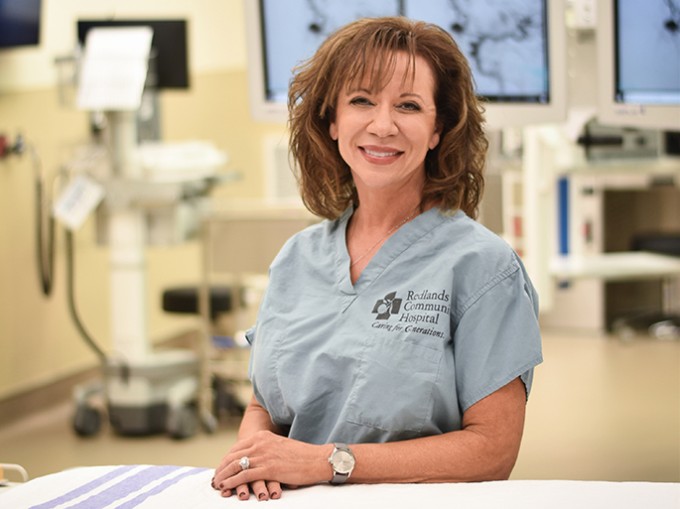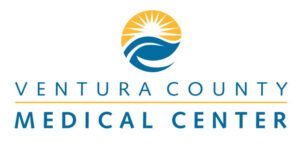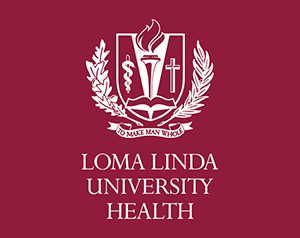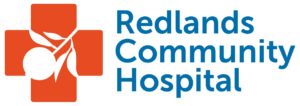My Specialty
Perioperative Nursing, Bonita Aceto, Redlands Community Hospital
Caring for surgical patients at their most vulnerable

Bonita Aceto, RN, MSN, CNOR, RNFA
Director of Perioperative, Infusion and Specialty Services
Redlands Community Hospital
Please describe the trajectory of your nursing career.
I’ve been a nurse for 30 years — I received my ADN and became an RN in 1989. I came to nursing with eight years as an OR scrub tech under my belt. After graduating from nursing school and becoming licensed, I came to Redlands Community Hospital (RCH), where I’ve worked ever since. In 1997, I earned a bachelor’s degree in business.
At that time, I was being mentored by a director who was having me learn the business of healthcare so I would be able to examine contracts and take on other aspects of the nonclinical side. I learned even more while serving as department educator and manager. I then earned my RNFA in 2000, my BSN in 2012 and my MSN in nurse management and organizational leadership in 2014.
Did being an OR tech inspire you to become a nurse?
Back when I was an OR tech, there were fewer requirements and restrictions on doing that kind of work without specialized training or certification. (I worked specifically in neurosurgery.) As a scrub tech, I watched the nurses. They inspired me because they knew exactly what to do and did it effectively and with great compassion. This motivated me to go to nursing school; I wanted to be a part of that culture. I was 100 percent set on becoming an OR nurse before I even applied to nursing school.
What was it like being a novice OR nurse?
I was already comfortable in that environment, but it was a challenge to step into the RN role. At that time, it was unusual to be a new grad in the OR. There was a push by my instructors to have new nurses complete at least a year in med-surg before specializing. However, I knew I loved the OR and wanted surgery to be my career path.
RCH is one of a very few hospitals with a new grad program specifically for the OR. It’s a comprehensive program that enables novice nurses to rotate through all roles: assembling trays, wrapping and unwrapping instruments and knowing the function of each instrument and its application. Our interns learn to “scrub in” so that they clearly understand the importance of maintaining sterility and safety. The program also educates nurses on taking a holistic approach to the surgical patient.












